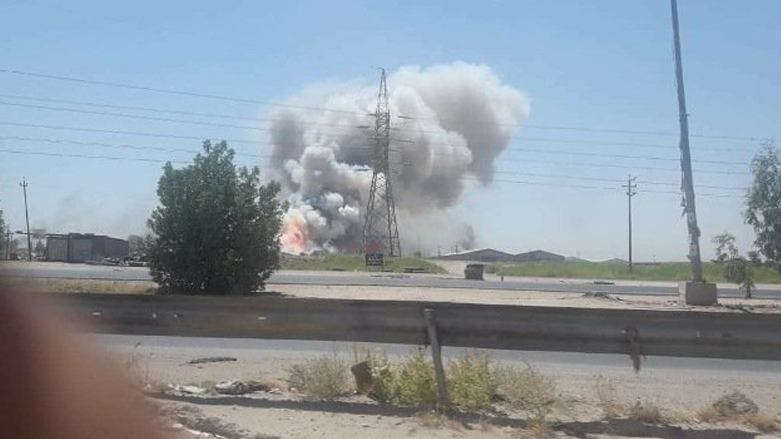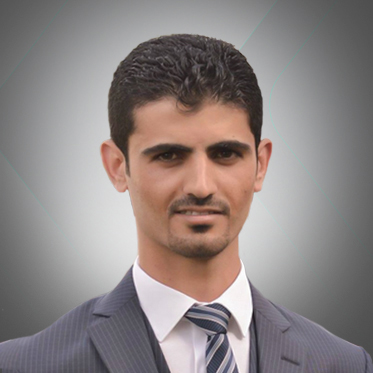'Security situation remains volatile,' UNAMI warns during special session on Iraq

ERBIL (Kurdistan 24) – The Head of the United Nations Assistance Mission for Iraq (UNAMI) says the security situation in the country remains volatile and will continue to pose a severe threat to the lives of civilians.
On Wednesday, the United Nations (UN) Security Council held a special session on Iraq in which the international body’s envoy to the embattled nation spoke of the security situation and ongoing humanitarian crisis, recent protests, the May 12 national elections, and the formation of a new government.
Briefing the 15-member Security Council, UNAMI Head Jan Kubis revealed that “the security and protection environment” in Iraq remains “volatile, posing serious protection risks to Iraqi civilians.”
“Abductions, disappearances, detention, increased risks of sexual- and gender-based violence, and violations of child rights continue” in Iraq, Kubis added.
Regarding the recent protests in southern and central parts of Iraq, including Baghdad, the UNAMI Head said protesters are criticizing national leaders and successive governments for ignoring social justice and people’s needs.
Protesters have expressed “their deep and growing frustration with old political leaders and the political system based on sectarian quotas they deemed corrupt, dysfunctional and stagnant, and [have deplored] foreign interference in the internal matters of Iraq.”
According to the UNAMI, demonstrations by young protesters demanding improved basic services, an end to shortages of electricity, more jobs, and no more pervasive corruption further complicates the situation in Iraq.
The UNAMI Head urged Iraq’s political leaders “to listen to the voice of the people.”
Commenting on the May 12 elections, Kubis said the low turnout, where 60 percent of eligible voters did not participate, “delivered a strong message of dissatisfaction with the current state of management of public affairs.”
The Head of the UNAMI praised “the orderly, transparent, credible and well-organized conduct” of the manual recount of votes completed on Aug. 6, claiming the recount “has increased public confidence in the electoral process and the election results.”
“I urge political leaders to…accelerate the process of formation of a patriotic, inclusive and non-sectarian government with a strong and empowered Prime Minister,” Kubis said.
He explained that the new Prime Minister has to “prioritize political, economic and social reforms investments, [the] creation of jobs, reconciliation, justice, equality, and accountability, and good governance, including the fight against corruption.”
Kubis also urged the next Prime Minister to place all armed factions “under the strict control of the state” and to act resolutely “against insubordinate militias and criminal gangs.”
Editing by Karzan Sulaivany
